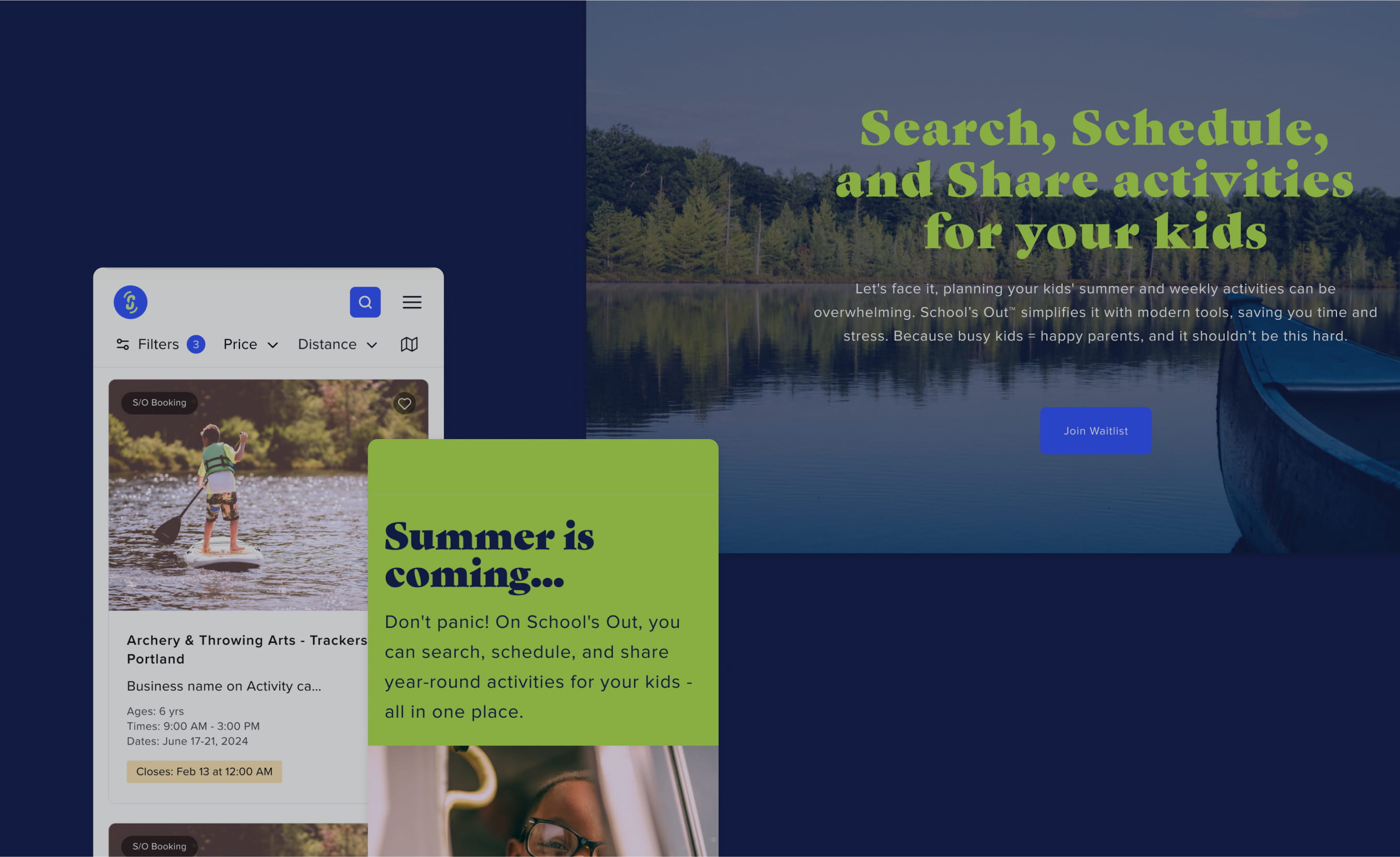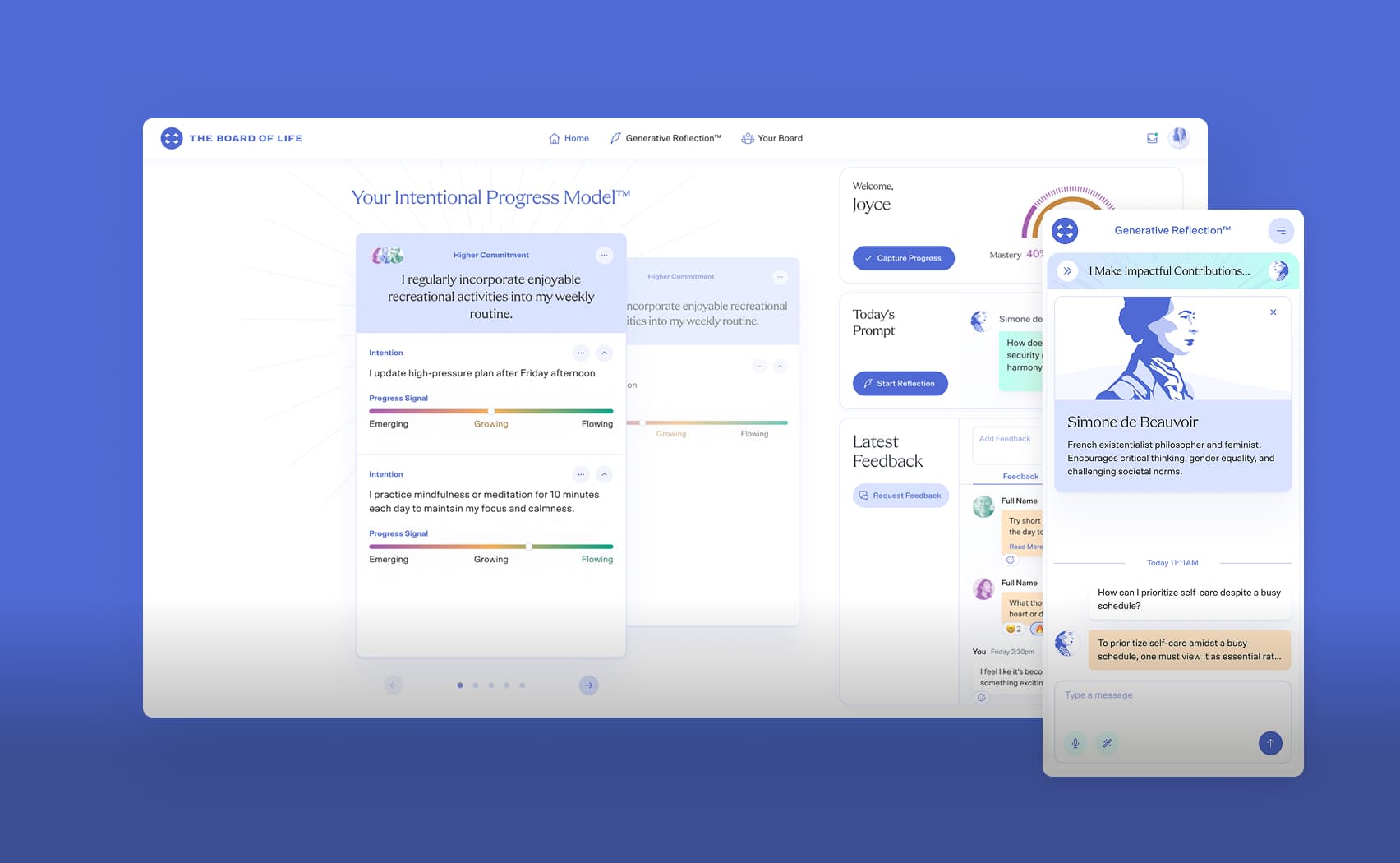The Value of Taking Breaks in Tech
Taking breaks from work is important in any field. But it is especially important in tech, where everything feels high-paced and urgent. Even the most stoic of us can’t handle urgent deadlines every day of the year. Taking breaks, both long and short helps prepare the body and mind for better work in the future.
After taking a break, tech workers benefit from all of the following:
- Boosted Creativity
- Increased Focus
- Prevented Physical Damage
- Reduced Stress
- Fewer Errors
Boosted Creativity
There’s a reason why many people get their best ideas in the shower. Like any other kind of break, it separates you from your normal concerns and lets your mind wander off however it wants to. This allows your subconscious to take hold and suggest new ideas that were just outside of conscious awareness.
Research supports the hypothesis that taking breaks improves creativity. In one study, subjects had to come up with as many uses for a piece of paper as they could think of. The group that took a break generated the most ideas- 9.8 on average, compared with 7.8 for the control.
This is crucial for tech workers, because everything they do is creative. You simply can’t innovate on demand all the time. You have to take breaks to sort out the bugs in your code or think of the next new thing.
Increased Focus
Focus is a limited resource. It’s easy to waste it scrolling mindlessly through the internet. But you can waste it just as easily by working too long. The only way to get focus back, then, is to take a break and let your mind rest.
This is because the brain gets habituated to a single stimulus if repeated over and over again. Just as eating the same food every day can make it seem bland and tasteless, trying to focus on a task for hours at a time can make the brain lose its sense of what it’s doing.
Taking even small breaks disrupts the habituation cycle, letting your brain refresh itself with new stimuli. One study, testing this hypothesis, found that subjects who took short breaks were able to focus on a repetitive task for an hour. Subjects that did not take breaks had noticeable performance drops over that time.
Prevented Physical Damage
Sitting down at a computer all day is not good for your body. It is perfectly safe for short periods of time, but tech workers are at risk of injury if they work all day, every day. They risk eyestrain or repetitive strain injury (RSI) if they work too long without taking a break.
Thankfully, taking even the shortest of breaks can help prevent these problems. Just standing up and stretching for a minute or two every hour can minimize stress to your body. And people can follow the 20-20-20 rule to prevent eyestrain: every 20 minutes, shift your eyes to focus on something 20 feet away for 20 seconds.
Reduced Stress
It’s no secret that taking breaks reduces stress. Regular pauses at work can combat the strain we face in our professional lives and prevent burnout in the long term. This is especially important in tech, as so many workers have difficulty facing the stress of high-paced activity and on-the-fly update requests. One study suggests that almost 60% of tech workers are burnt out.
Burnout creates an enormous loss of talent, and it is completely preventable. With a supportive work environment, taking breaks can help keep stress levels to a minimum and reduce the incidence of burnout.
Fewer Errors
Taking breaks will wind up saving time in the long run. Software developers spend countless hours debugging code, only to find out they could have avoided their problem with something as simple as a single semicolon. When you take breaks, you become less prone to errors and will have to spend less time fixing glitches later.
Conclusion: Long and Short Breaks
Breaks are important, no matter how long.
- Short breaks- measured in minutes- help you recharge and refocus on your day-to-day tasks.
- Longer breaks- measured in days or weeks- help you take a step back and make plans for the next project.
- Really long breaks- measured in months or years- can help people reevaluate their lives and careers, and make room for a big transition.
Longer breaks in particular are useful for changing habits. Due to the Fresh Start Effect, people are more likely to change their habits at key turning points in the year. This is why people make New Year’s Resolutions, but it also applies to other official life events, like moving homes or taking a vacation.
Longer breaks also provide more opportunities to break the mold and seek something new. Taking a vacation to a new country, for example, keeps your mind occupied with so much novel information that you simply can’t focus on what’s going on at work.
Shorter breaks won’t help you make drastic changes all at once, but they will help you maintain mental health and productivity over time. Taking a walk, getting a coffee, meditating, and even just looking away from a screen are all great ways to put a short pause on work.
Resting, pausing, and getting away for a while should be considered just as important as everything else you do at work. They are an integral part of maintaining yourself as a working human being. After all, taking care of your car is part of driving, and updating your computer is part of using it.
At JetRockets, we encourage our employees to take regular work breaks throughout the day. We also emphasize the importance of real vacations, where you truly disconnect, spend time with friends and family, and enjoy life outside of the workplace.



